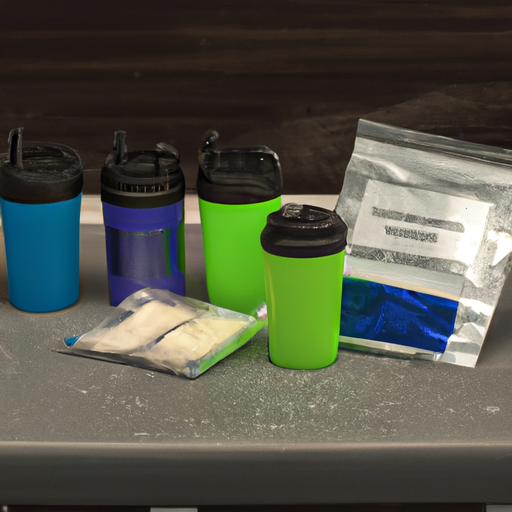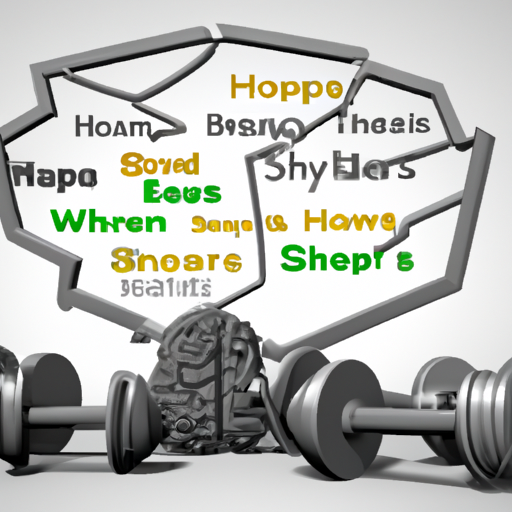
How to Use Electrolytes to Improve Performance
When it comes to boosting sports performance, the spotlight often shines on training techniques and equipment. Yet, beneath the surface lurks a crucial component often overlooked—electrolytes. These tiny charged particles can be the unsung heroes of hydration and peak performance. Let’s embark on a journey to uncover how electrolytes can enhance your sports prowess.
Understanding Electrolytes
Electrolytes are minerals with an electric charge found in your body. They play vital roles, such as:
- Regulating nerve and muscle function
- Balancing blood acidity and pressure
- Aiding in rebuilding damaged tissues
The main players include sodium, potassium, calcium, bicarbonate, magnesium, chloride, and phosphate. When you sweat, the body loses electrolytes. Replenishing them is crucial to maintaining energy and focus.
The Link Between Hydration and Sports Performance
Hydration and sports performance are best friends, like peanut butter and jelly. Dehydration can lead to fatigue, reduced endurance, and poor cognitive function—all performance-killers. By maintaining a balance of electrolytes, you ensure efficient water absorption and retention in cells, optimizing your body’s performance.
Electrolytes: The MVPs of Hydration
Let’s dive into how electrolytes act as the MVPs of hydration in sports performance:
1. Sodium
Sodium helps maintain fluid balance and is essential for nerve function and muscle contraction. It's the one seasoning your cells can't do without—without the thigh-slapping sodium content often found in sports drinks, you might find yourself feeling like a wilted lettuce as your performance slumps.
2. Potassium
Potassium ensures the heart beats properly, along with supporting muscle and nerve function. Imagine the orchestra of your body losing its conductor without potassium, leading to chaos—a symphony no performer wants.
3. Calcium
Not just for strong bones, calcium is key for muscle function and nerve transmission. It’s like the caffeine of the electrolyte world—vital for keeping your movements sharp and alert.
4. Magnesium
Magnesium assists over 300 enzyme reactions, including muscle and nerve function. It’s the all-in-one tool in the athlete’s electrolyte toolkit.
How to Incorporate Electrolytes Into Your Routine
Incorporating electrolytes into your sports routine doesn’t require a wizard’s potion. Here's how to do it:
Before Workout
Hydrate before exercising by drinking water laced with sodium and potassium. This primes your body for the energy it’s about to expend. Think of it as pre-gaming for your muscles.
During Workout
Consider sipping an electrolyte drink mid-session, especially if you’re working out for over an hour. Brands offer various options, so you're likely to find one that matches your flavor preference. Avoid those with too much sugar—your performance fuel shouldn't resemble a candy bar.
After Workout
Post-workout, replenish lost electrolytes to ensure recovery is as smooth as your performance. A protein shake with added electrolytes or a sports drink should do the trick.
Myth-Busting: Popular Misconceptions About Electrolytes
Like many dietary wonders, electrolytes are surrounded by myths. Let's debunk some:
Myth: Only Elite Athletes Need Electrolytes
Truth: Anyone engaging in prolonged physical activity benefits from electrolyte balance. If your workout leaves your shirt soaked and makes you glisten like a disco ball, you need replenishment.
Myth: More Electrolytes = Better Performance
Truth: Balance is key. Overloading on electrolytes can cause imbalances and worsen performance. Tailor your intake to your activity level and environment.
Myth: Plain Water Rehydrates Just the Same
Truth: While water is essential, it lacks electrolytes. For workouts involving heavy sweating, plain water won't replace lost electrolytes. You wouldn’t play an instrument out of tune, so don’t leave your body out of balance.
Choosing the Right Electrolyte Sources
Clearly, not all electrolyte sources are created equal. Here's how to choose:
- Read labels for ingredients and avoid high sugar content
- Consider natural options like coconut water, which contains potassium
- Check for products with added vitamins to enhance benefits
- Experiment with flavors and trending products to find what works for your palate and performance
Do-It-Yourself Electrolyte Drinks
Feeling adventurous? Try making your own electrolyte drink. It's easier than pronouncing 'didgeridoo' three times fast. Here's a simple recipe:
- 2 cups of water
- 1/4 teaspoon salt
- 1/4 cup pure lemon juice
- 1/4 cup pure orange juice
- 1 tablespoon honey or your preferred sweetener
Mix all ingredients until the salt and honey dissolve. Voilà! A homemade concoction to keep you hydrated through your next epic sports adventure.
Listening to Your Body's Electrolyte Needs
Your body is the most reliable gauge for what it requires. Signs of electrolyte imbalance may include:
- Muscle cramps
- Dizziness or fatigue
- Nausea or headaches
Consult a healthcare provider to pinpoint the best electrolyte intake aligned with your health needs and fitness goals. Listen to your body—after all, it's the ultimate coach.
Conclusion: The Electric Avenue to Improved Performance
With a deeper understanding of electrolytes, their significance in hydration, and how they impact sports performance, you can now take charge. From DIY drinks to myth-busting knowledge, you've got the keys to unlock your athletic potential. So gear up, embrace the power of electrolytes, and elevate your performance to new heights.
Remember, electrolytes are more than just fancy terminology—they're the electrifying link between hydration and your sports success. Charge up, stay balanced, and let your performance shine.
